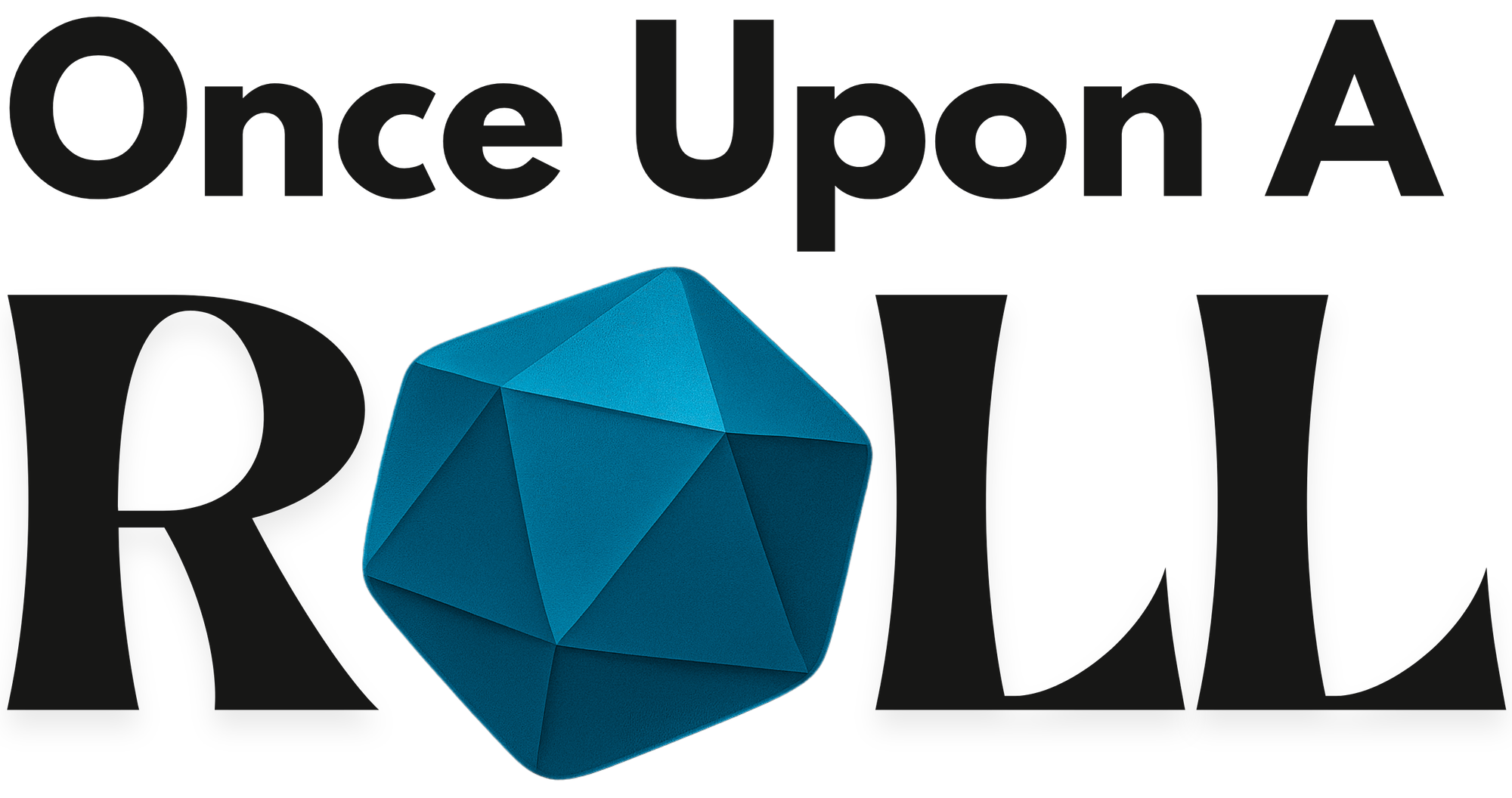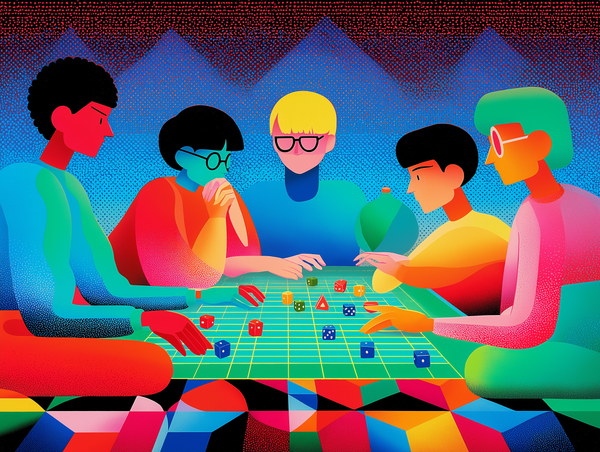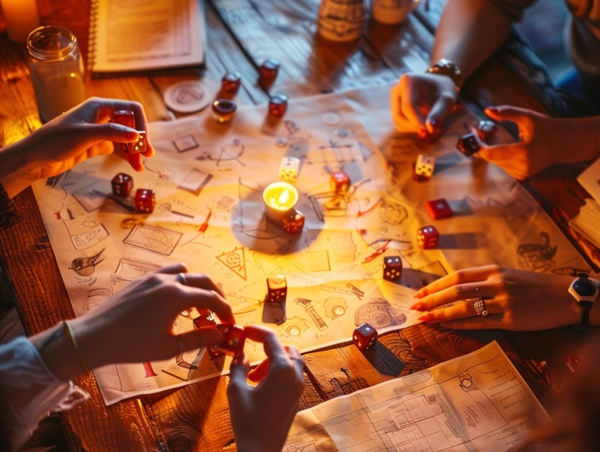Let's wind back the clock to 2016.
Remember seeing Wells Fargo in the news? Yeah, me too.
Despite comprehensive ethics training across 265,000 employees—millions of dollars invested in courses, workshops, and compliance programs—the bank found itself at the center of a scandal involving 2 million fraudulent accounts.
The Department of Justice settlement eventually reached $3 billion.
The most puzzling detail wasn't the scope of the misconduct. It was that every single employee who participated in this fraud had completed extensive training on ethical sales practices.
So what went wrong?
We can start with a major misalignment between their aggressive sales goals, which were in direct conflict with their ethics training.
In the exact moment that training was needed, it failed miserably.
Companies invest heavily in training, employees dutifully complete it, and yet the intended behaviors don't stick.
American companies spend $98 billion annually on employee training, yet most programs achieve completion rates as low as 15% while leaving 90% of new skills forgotten within a year.
We've become really good at building training that "checks the boxes" but doesn't actually create lasting change.
But there's a more interesting story here—one about the surprising power of play, and why the most effective learning often happens when it doesn't feel like learning at all.
It begins in the most unlikely place: a McDonald's restaurant in the UK.
The Accidental Discovery
In the early 2010s, McDonald's had a problem that every fast-food chain faces. Training new employees to use the complex cash register was taking too long, costing too much, and producing inconsistent results.
Traditional approaches—manuals, shadowing experienced workers, practice sessions—weren't working.
So they tried something that seemed almost silly: they turned cashier training into a game.
The game was simple.
New employees dealt with virtual customers, earned points for speed and accuracy, and watched their names climb leaderboards.
No lecturers. No manuals. No mandatory training sessions. Just play.
The results were wild. Service time dropped by 7.9 seconds per transaction. Revenue per receipt increased by 15 pence. Across the UK, this translated to £23.7 million in additional revenue annually.
The best part? 50,000 employees played the game in the first six weeks. Most of them voluntarily. When learning feels like play, people don't just participate—they compete to participate.
Here's why this works.
Traditional corporate training hits the part of our brain that stores facts and procedures.
We remember only 5% of what we hear in lectures and 10% of what we read.
Play-based learning works completely differently.
When we learn through play, solving problems with colleagues, competing with peers, teaching others what we've discovered, we use multiple parts of our brain at once. We remember 90% of what we teach others.
The largest academic study on this reviewed 225 separate research projects and found that active learning beats traditional lecture-based approaches by a lot.
We've known this for decades. Yet most corporate training still involves people sitting in rooms, listening to other people talk.
Dr. Megan Connell's research into role-playing games shows that when people act through a character, real-world consequences feel lower.
The character creates distance between the person and their actions.
And that distance is liberating for the participant.
A manager who might hesitate to try a more direct leadership style in real life will experiment freely when playing a fictional team leader. An employee who hates public speaking will practice presentations enthusiastically when it's their character giving the talk.
A 2020 study found that people who role-played professionals in jobs they wanted felt more confident about taking on those roles in real life.
The research showed that acting "as if" you already have certain skills helps transfer that learning to real-world behavior.
The best learning programs don't just teach people new skills. They create new habits around growth, collaboration, and continuous improvement.
Play is the most effective tool we have for human development.
After all, in a world where 90% of traditional training is forgotten within a week, the real risk is continuing to do what we've always done.
Ready to give your team the mental reset they didn't know they needed? At Once Upon a Roll, we design games that unlock team trust and collaboration. Whether you need a 2-hour spark or a full-day transformation, we tailor every adventure to your goals. Email us to learn more: hello@onceuponaroll.com




